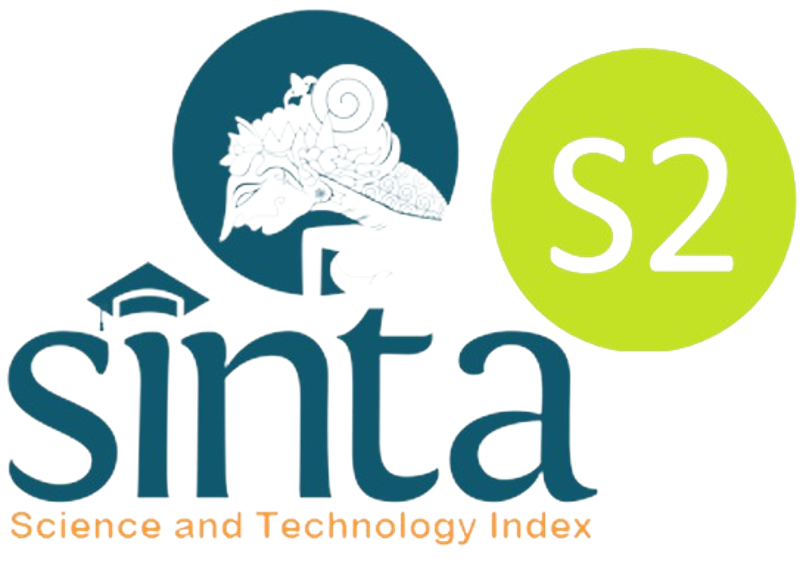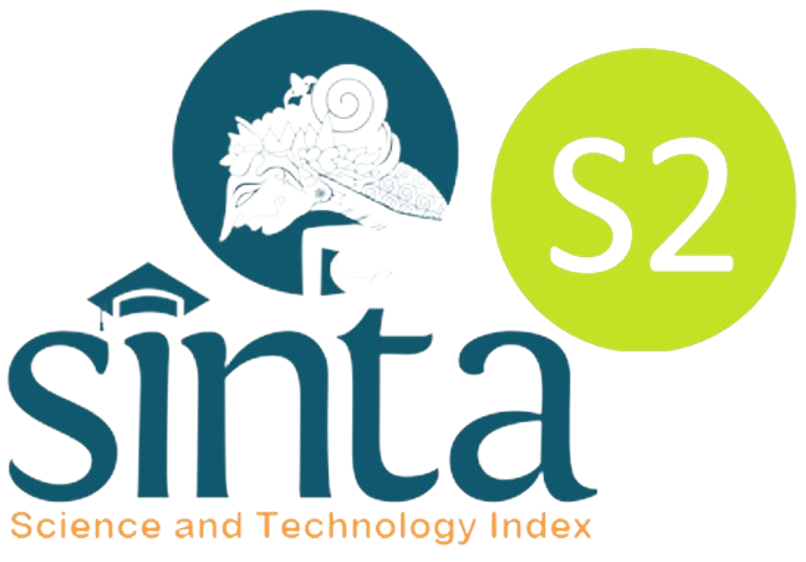UPAYA MEREDUKSI MISKONSEPSI SISWA PADA MATERI BAHASAN RANGKAIAN LISTRIK SEDERHANA MELALUI MODEL PEMBELAJARAN KOOPERATIF DENGAN STRATEGI KONFLIK
DOI:
https://doi.org/10.26740/jpps.v3n1.p314-324Keywords:
Miskonsepsi, CRI, Pengkodean Argumentasi, Strategi Konflik Kognitif.Abstract
This study aimed at determining the effect of cooperative teaching learning by using conflict-cognitive strategy towards the reduction of students misconceptions, so it can be determined a direct correlation between mastery of physics concepts and the misconceptions reduction. To achieve the aim, a study had been conducted beginning by setting the lesson plan, the students worksheet, and the test in the material of ˜simple electrical circuits. The subject of the study was the students of X in SMAN 15 Surabaya, Second Semester, academic year of 2012-2013. The subject consisted of four groups which were three experimental groups and one control group. The study was an experimental study in control group pretest-posttest research design. The data of the study was collected through a multiple choice test with CRI and argument. The result of the study showed some facts as follows: (1) there was a difference of the mastery significantly of concept between the experiment group and the control group. The average of the mastery of concept of experiment groups was 80,08 while the control group was 62,77; (2) there was the misconception reduction significantly between the experiment group and the control group. The average of the misconception reduction of the experiment group was 32,92%, while the control group was 11,33%; and (3) there was correlation between the concept mastery and in regression Y = 0,876 0,095X.The conclusion of the study is that there is a significant effect of the conflict-cognitive strategy to increase the students learning result and the reduction of students' misconception.
Penelitian ini bertujuan menentukan pengaruh model pembelajaran kooperatif dengan strategi konflik kognitif terhadap reduksi miskonsepsi siswa, sehingga dapat ditentukan hubungan langsung antara penguasaan konsep fisika dan reduksi miskonsepsi. Untuk mencapai tujuan tersebut, telah dilakukan penelitian yang diawali dengan penyusunan RPP, LKS dan THB dengan pilihan materi Rangkaian Listrik Sederhana. Subjek penelitian adalah siswa kelas X SMAN 15 Surabaya semester genap Tahun Pembelajaran 2012/2013. Subjek penelitian terdiri atas tiga kelompok eksperimen dan satu kelompok kontrol. Jenis penelitian tergolong penelitian eksperimen dengan menggunakan rancangan penelitian control group pretest-posttest design. Data dikumpulkan melalui THB berbentuk pilihan ganda disertai CRI dan argumentasi. Hasil penelitian menunjukkan: (1) terdapat perbedaan penguasaan konsep secara signifikan antara kelompok eksperimen dan kelompok kontrol. Rata-rata penguasaan konsep siswa kelompok eksperimen adalah 80,08, sedangkan kelompok kontrol 62,77; (2) terdapat perbedaan reduksi miskonsepsi secara signifikan antara kelompok eksperimen dan kelompok kontrol. Rata-rata reduksi miskonsepsi siswa kelompok eksperimen adalah 32,92%, sedangkan kelompok kontrol 11,33%; dan (3) terdapat hubungan antara penguasaan konsep dengan reduksi miskonsepsi dalam persamaan regresi Y = 0,876 0,095 X. Simpulan penelitian adalah terdapat pengaruh signifikan pembelajaran strategi konflik kognitif terhadap peningkatan hasil belajar dan reduksi miskonsepsi siswa.
Downloads
Downloads
Published
How to Cite
Issue
Section
 Abstract views: 590
,
Abstract views: 590
, PDF Downloads: 1960
PDF Downloads: 1960













